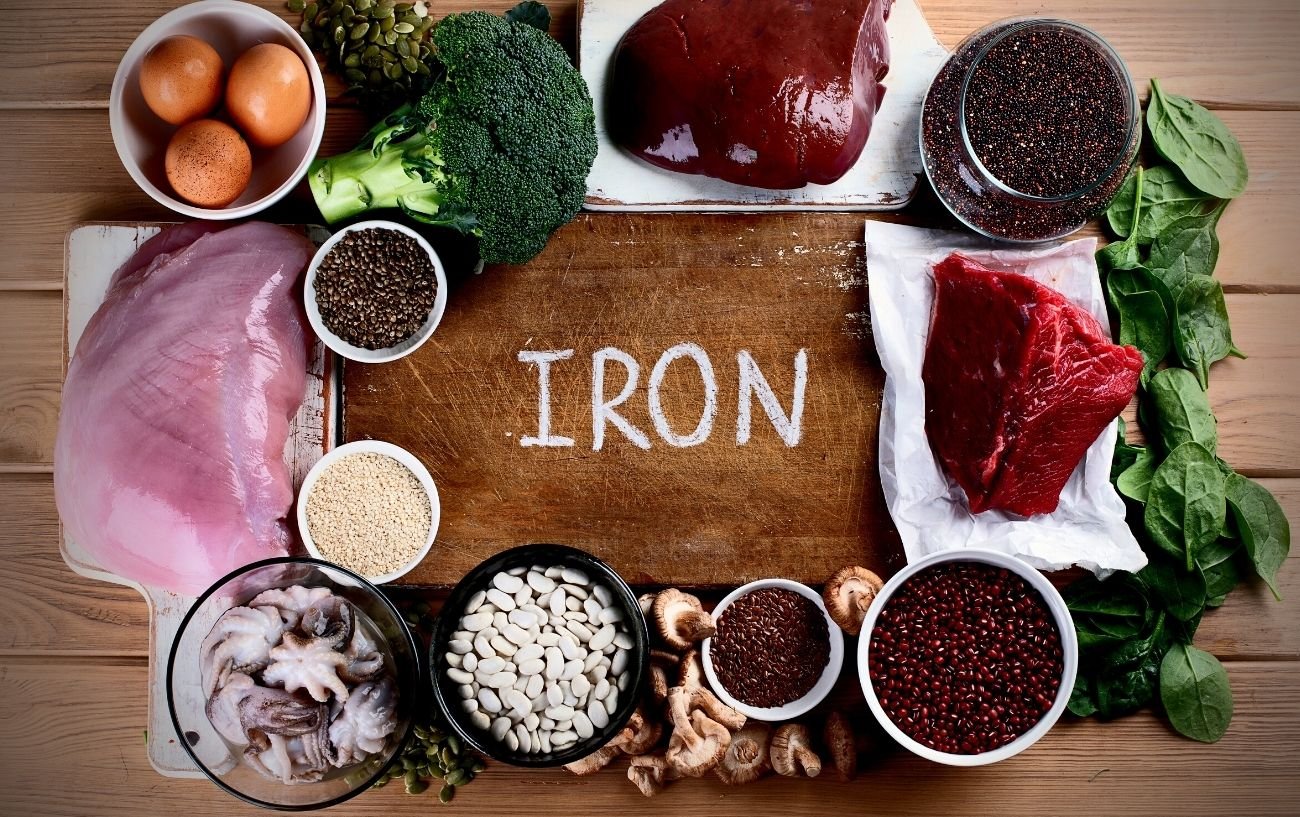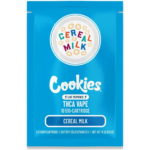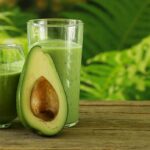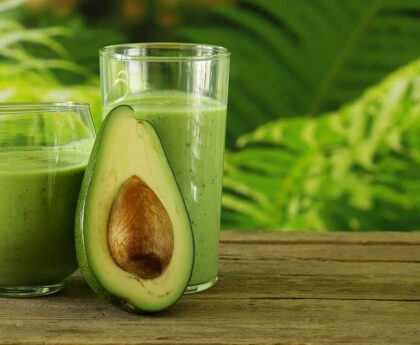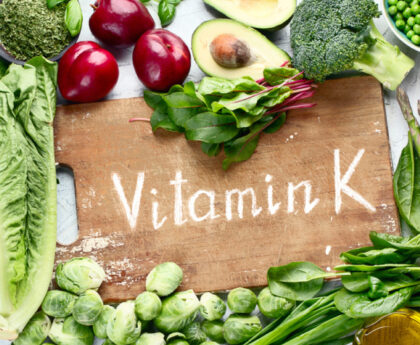Iron is a critical nutrient for our bodies, essential for the production of hemoglobin and myoglobin, which transport oxygen in the blood and muscles, respectively. However, iron absorption can be a complex process influenced by various dietary factors. One of the most significant enhancers of iron absorption is vitamin C. This guide explores the intricate relationship between vitamin C and iron absorption, providing a detailed understanding of how this synergy works and how you can optimize your diet to improve your iron levels.
Understanding Iron Absorption
Types of Iron
There are two types of dietary iron: heme and non-heme iron.
- Heme Iron: Found in animal products like meat, poultry, and fish, heme iron is more readily absorbed by the body.
- Non-Heme Iron: Found in plant-based foods like beans, lentils, spinach, and fortified cereals, non-heme iron is less efficiently absorbed.
Factors Affecting Iron Absorption
Several factors can influence the absorption of iron:
- Presence of Inhibitors: Substances like phytates (found in grains and legumes), polyphenols (found in tea, coffee, and some vegetables), and calcium can inhibit iron absorption.
- Presence of Enhancers: Vitamin C, citric acid, and certain amino acids can enhance iron absorption.
The Science Behind Vitamin C and Iron Absorption
How Vitamin C Enhances Iron Absorption
Vitamin C (ascorbic acid) plays a crucial role in the absorption of non-heme iron. It enhances iron absorption through several mechanisms:
- Reduction of Ferric to Ferrous Iron: Vitamin C reduces ferric iron (Fe3+) to ferrous iron (Fe2+), which is the form that is more easily absorbed by the intestinal lining.
- Formation of Soluble Iron Complexes: Vitamin C forms a chelate (a soluble complex) with ferrous iron, preventing it from forming insoluble compounds that are not easily absorbed.
- Protection from Inhibitors: Vitamin C can counteract the inhibitory effects of phytates and polyphenols, improving the overall absorption of non-heme iron.
Vitamin C-Rich Foods and Their Role
Incorporating vitamin C-rich foods into meals that contain non-heme iron can significantly boost iron absorption. Some excellent sources of vitamin C include:
- Citrus fruits (oranges, lemons, grapefruits)
- Berries (strawberries, blueberries, raspberries)
- Melons (cantaloupe, honeydew)
- Tropical fruits (papaya, mango, pineapple)
- Vegetables (bell peppers, broccoli, Brussels sprouts, tomatoes)
Practical Tips for Maximizing Iron Absorption
Combining Iron and Vitamin C-Rich Foods
To maximize iron absorption, pair iron-rich foods with those high in vitamin C:
- Add bell peppers or broccoli to a spinach salad.
- Squeeze lemon juice over iron-rich foods like lentils or chickpeas.
- Enjoy a fruit salad with strawberries and oranges alongside your meal.
- Incorporate tomato-based sauces into dishes with beans or leafy greens.
Meal Planning for Optimal Iron Absorption
Consider the timing and composition of your meals to enhance iron absorption:
- Breakfast: Pair fortified cereals with a glass of orange juice or a fruit salad.
- Lunch: Include a side of raw vegetables (like bell peppers) or a citrus fruit.
- Dinner: Use tomato-based sauces or marinades with iron-rich proteins and legumes.
Addressing Common Concerns
Iron Overload and Vitamin C
While vitamin C enhances iron absorption, excessive intake of vitamin C supplements can potentially lead to iron overload in individuals with conditions like hemochromatosis. It is essential to balance nutrient intake and consult with a healthcare provider if you have concerns about iron levels.
Vitamin C Deficiency and Iron Absorption
A deficiency in vitamin C can impair iron absorption, leading to potential iron deficiency. Ensuring adequate vitamin C intake through diet or supplements (if necessary) can help maintain optimal iron levels.
FAQs
How does vitamin C specifically enhance iron absorption?
Vitamin C enhances iron absorption by reducing ferric iron (Fe3+) to ferrous iron (Fe2+), which is more readily absorbed by the intestinal lining. It also forms soluble iron complexes that prevent the formation of insoluble compounds, making iron more bioavailable.
What are the best dietary sources of vitamin C?
The best dietary sources of vitamin C include citrus fruits (oranges, lemons, grapefruits), berries (strawberries, blueberries, raspberries), melons (cantaloupe, honeydew), tropical fruits (papaya, mango, pineapple), and vegetables (bell peppers, broccoli, Brussels sprouts, tomatoes).
Can taking vitamin C supplements improve iron absorption?
Yes, taking vitamin C supplements can improve iron absorption, especially for individuals who have difficulty getting enough vitamin C from their diet. However, it is essential to consult with a healthcare provider before starting any supplement regimen.
Are there any risks associated with consuming too much vitamin C?
Consuming excessive amounts of vitamin C (more than 2,000 mg per day) can lead to side effects such as stomach upset, diarrhea, and kidney stones. Additionally, individuals with conditions like hemochromatosis should be cautious about high vitamin C intake due to the risk of iron overload.
How can I ensure I’m getting enough vitamin C if I’m vegetarian or vegan?
Vegetarians and vegans can ensure adequate vitamin C intake by incorporating a variety of fruits and vegetables into their diet, such as bell peppers, broccoli, Brussels sprouts, tomatoes, berries, citrus fruits, and tropical fruits. Fortified foods and supplements can also help meet vitamin C needs.
Can cooking affect the vitamin C content in foods?
Yes, cooking can reduce the vitamin C content in foods, as it is sensitive to heat, light, and air. To preserve vitamin C, opt for raw or lightly cooked fruits and vegetables. Steaming and microwaving are better cooking methods compared to boiling.
Is it possible to get enough iron and vitamin C from a balanced diet alone?
Yes, it is possible to get enough iron and vitamin C from a balanced diet that includes a variety of nutrient-rich foods. Consuming a mix of iron-rich foods (both heme and non-heme) alongside vitamin C-rich foods can help optimize iron absorption and overall nutrient intake.
How does vitamin C interact with other nutrients that affect iron absorption?
Vitamin C can counteract the inhibitory effects of certain nutrients like phytates and polyphenols, which can impair iron absorption. It helps convert non-heme iron into a more absorbable form, enhancing its bioavailability despite the presence of inhibitors.
What are the symptoms of iron deficiency, and how can vitamin C help?
Symptoms of iron deficiency include fatigue, weakness, pale skin, shortness of breath, and dizziness. By enhancing iron absorption, vitamin C can help prevent or alleviate iron deficiency and its associated symptoms.
Can children and pregnant women benefit from increased vitamin C and iron intake?
Yes, children and pregnant women can benefit from increased vitamin C and iron intake. Adequate iron is essential for growth, development, and preventing anemia. Pairing iron-rich foods with vitamin C sources can improve iron absorption, supporting overall health and development in these populations.
Conclusion
Understanding the role of vitamin C in boosting iron absorption is crucial for optimizing your dietary intake and ensuring adequate iron levels. By incorporating vitamin C-rich foods into your meals and being mindful of potential inhibitors and enhancers, you can effectively improve your iron absorption and overall health. Whether you are aiming to prevent iron deficiency, support a vegetarian or vegan diet, or simply enhance your nutritional intake, the synergy between vitamin C and iron is a powerful tool in your dietary arsenal.
- What Is Lithromanticism And How Does It Affect Romantic Connections? - June 2, 2025
- Vista Edge Vape Vs Traditional Vapes: Which One Is Better? - June 2, 2025
- The Emotional Cost Of Ghosting And How To Heal From The Trauma - May 31, 2025

